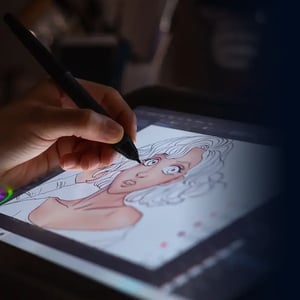
Real-time 3D Foundations
Online virtual production course to start your career as a real-time 3D artist
Learn to create immersive virtual worlds in Unreal Engine
Become a real-time 3D technical artist with training from an Unreal Academic Partner. Learn how to tell compelling stories through film-quality cinematics using the world building, lighting, and camera skills you'll learn directly from industry experts.
Why study virtual production with us:
- We are an Unreal Academic Partner and Authorized Training Center
- Receive mentorship from real-time 3D professionals
- Learn to use industry-standard tools and techniques
- Choose private 1-on-1 or small group classes (max. 4 students)
Gain speed and confidence using Epic's Unreal Engine, learn cutting-edge real-time 3d techniques and learn how to build high-quality scenes that you can add to your professional portfolio to show prospective employers.
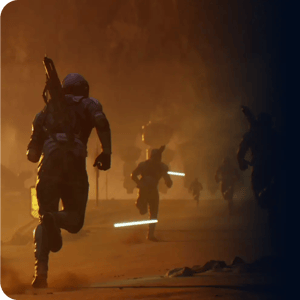
Master Your Skills. Master Your Future.
Whether straight out of high school, changing careers, or upgrading skills, our career-focused virtual film making courses help you build practical job skills that are required in the industry.
Everything You Need To Know
 Qualification
Industry certificate
Qualification
Industry certificate
 Study Load
Study Load
20hrs/week
 Program Length
Program Length
9 months
 Delivery Mode
Online live classes
Delivery Mode
Online live classesCustom video lectures
Personalised mentor feedback
 Skill Level
Skill Level
Beginner to Intermediate
No entry requirements
 Start Dates
Start Dates

Your pathway to the film and games industry
The 9-month Foundations Course is the first half of our Career Track, helping you pave your pathway into the creative industries. Gain foundational skills and knowledge that will prepare you for advanced industry training.

Want to take your education higher?
Did you know that the subjects you complete in the career track courses can be used to apply for credit toward our accredited degrees and diplomas in the same discipline?
The skills and knowledge you build in any industry-certificate course can be transferred into academic credits through our Advanced Standing and Credit Transfer process. So, if you decide to take your studies to the next level, know that your prior learning will be recognized.
Compare your options and find out which course is right for you.
Foundations 1: Essentials of 3D
In this term, you'll start with the fundamentals of 3D, learning how to set up models, scenes, rigs, and animation to set the stage from which all other 3D skills be built. Developing a good foundation in this area is essential for moving on to the more advanced terms where you'll apply your new skills to the world of Unreal Engine to bring your visions to life.
- 3D Modeling basics and geometry
- Texturing and lighting techniques
- Foundational animation principles
- Rigging basics
- Introduction to 3D Space
- Modeling Projects and Pipeline
- Modeling Tools and Techniques
- Modeling Workflows
- Modeling for Real-time 3D
- Principles of UV Mapping
- Principles of Materials and Rendering
- Animation Principles
- Applied 3d Animation
- Animation Cycles
- Principles of Rigging
- Lighting and Rendering
Foundations 2: Core Real-time 3D Principles
In this subject you'll start with the fundamentals of Unreal Engine, learning how to set up animated characters in the engine, along with a wide variety of features, plus rigging and motion basics. Developing a good foundation in this area is essential for moving on to the more advanced Real-Time 3D topics where you'll apply your new skills to creating a film-quality cinematic shot.
- How to use a wide range of Unreal Engine features
- Basic animation and rigging skills
- Working with motion capture
- An overview of real-time and virtual production pipelines
- Intro to Unreal and White-boxing
- Modeling in Unreal and File Management
- Basics with Materials
- Intro to Niagara
- Exporting and Importing Meshes and Animation
- Intro to Sequencer Animation
- Animating with Control Rig
- Metahuman and Interactive Characters
- Facial Performance Capture
- Introduction to Rigging
- Character Rigging Basics
- Unreal Control Rig
Foundations 3: Professional Worldbuilding
Discover what it takes to build a believable virtual world. You'll start by learning different methods of creating landscapes within Unreal Engine, and QuadSpinner Gaea before moving on to advanced texture blending, auto materials, and water systems. Next, you'll look at all lighting, VFX, and the post process volume to bring your scene to life. Finally, you'll work to set up a basic camera shot to take your scene to a final film quality render.
- How to create landscapes using Gaea & Unreal Engine
- Advanced texturing & lighting
- Optimizing your scenes for render
- Camera set-up & rendering film-quality cinematics
Portfolio project: A cinematic ready real-time environment scene.
- Scene Blockout and Project Management
- Creating a Landscape
- Advanced Landscapes & Blending Materials
- Lighting Systems in Unreal Engine
- Planning & Layout
- Foundations & Photogrammetry
- Detailing Your World
- Good Practices & Polishing
- Lighting & Atmosphere
- Adding Life, & Optimization Workflows
- Rendering with Movie Render Queue
- Color Grading & Delivery with Davinci Resolve
Download the Course Guide
Your creative journey begins here! Download our comprehensive course guide and discover the exciting educational opportunities that await you.Group Class
$1,222 USD/mo4 students max class size
Students are assigned mentor
Group interaction & collaboration
Private 1:1
$1,711 USD/moPrivate dedicated mentor
Students choose their mentor
More dedicated time per week
Don't Put Your Future On Hold
Financing shouldn't stand in the way of pursuing your dream career. No matter where you are in your creative learning journey, our financing options have been designed with you in mind.Learn Directly From Film & Game Mentors
To be the best, it helps to learn from the best. All real-time 3D classes are taught by professional artists with years of experience.


Simon Warwick
Simon has been working in the game industry since 2005, and was credited as the only technical cinematic animator for Batman: Arkham City at Rocksteady Studios.
Known for Batman: Arkham Knight
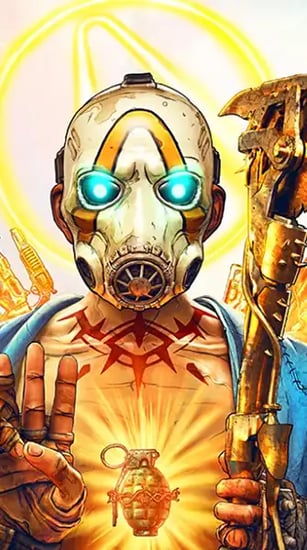

Carl Shedd
Carl has worked in the industry professionally for over 17 years. He started his career at Gearbox Software and is currently a World Building Director at Gearbox Software.
Known for Borderlands franchise


Jon Robins
Jon currently works as a Lead Character Technical Artist at Striking Distance Studios where he loves solving problems and helping teams in as many ways as he can.
Known for Marvel's Avengers


Jack Brown
Known for Avengers: Age of Ultron
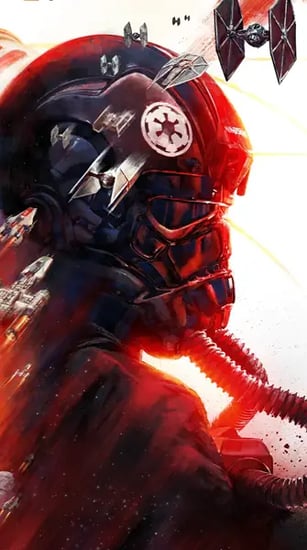

Igor de Sousa
Known for Star Wars Squadrons
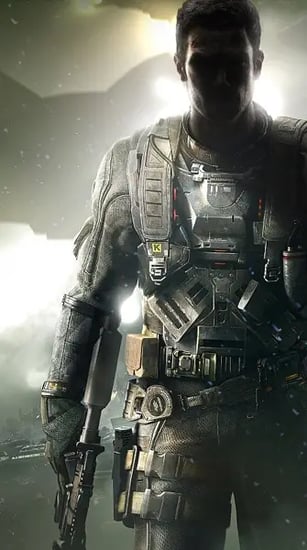

Addison DeBolt
Known for Call of Duty: Infinite Warfare


Paul Eliasz
Paul is an Unreal Engine Specialist and CTO of UMEWE COLLECTIVE, working in game development, VR, and Virtual Production. He’s consulted for top companies, including Bentley and Netflix, and mentors ...
Known for Bentley
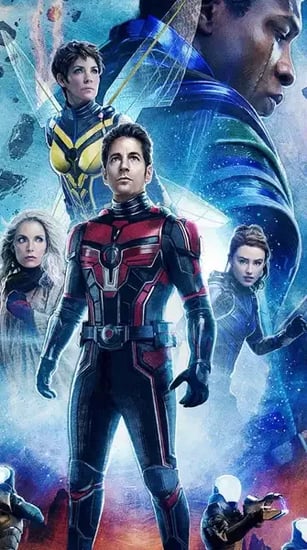

Victoria Lyons
Known for Ant-Man and the Wasp: Quantumania
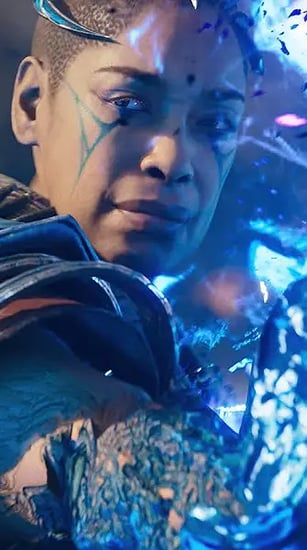

Lightfoot Buckeyne
Known for Immortals of Aveum
Get The Education Your Deserve
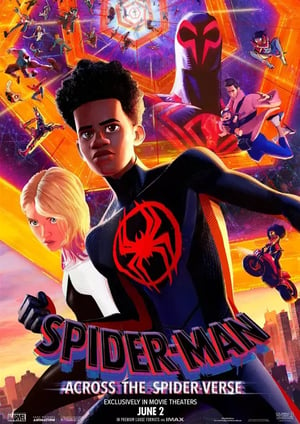
"One of the best decisions I've ever made for my career.
I've learned and grown so much throughout this program and I loved the resources in the CG Spectrum community, such as finding new job opportunities and meeting other students and mentors. I took advantage of everything CG Spectrum had to offer and as a result, I landed my dream job at my dream company (Dreamworks). Thank you CG Spectrum!"

Tiffany L | 3D Animation
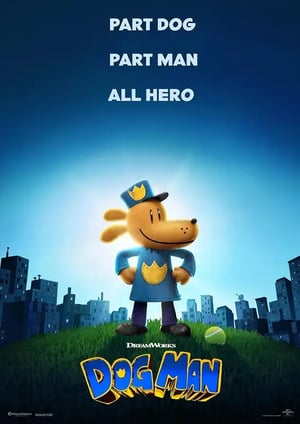
"The career program was invaluable!
I knew changing careers would have included things such as resumes, applications, networking, etc. The biggest thing I needed to understand was the nuances of the animation industry, etiquette for approaching recruiters, and what type of roles there were. These sessions really helped guide me, and explained how to approach my showreel and the subsequent application processes."

James B | 3D Animation
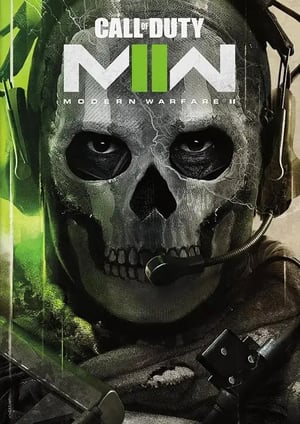
"I’d take the course again if I could!
I can’t praise CG Spectrum enough for the quality of teaching and dedication to their students. Mark was by far the best mentor I’ve ever had. He really took the time to help design the course around what it is that I wanted to get out of it. I’ve studied other animation courses in the past, but none even come close to the depth and speed of development as CG Spectrum."

Ned C | 3D Animation
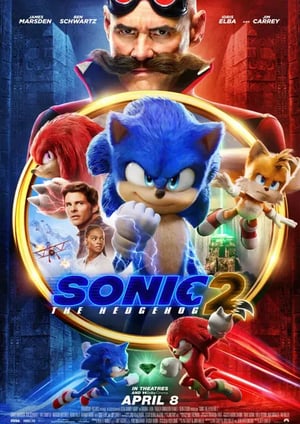
"To better understand the industry, I enrolled at CG Spectrum.
There I was able to create a demo reel and build connections with professionals that ultimately led me to my first opportunity as an animator at Sony Imageworks. I have to give a HUGE shout-out to CG Spectrum’s Career Development Manager. She was the person who guided me through the entire application process. I honestly believe I would not have gotten this opportunity without her help."

Jasmeet S | 3D Animation

"CG Spectrum has been an instrumental part of my growth.
CG Spectrum has helped me sharpen my skills, acquire new ones and strengthen my character animation abilities. This is an invaluable experience for anyone looking to take their skills to the next level."

Phil M | 3D Animation
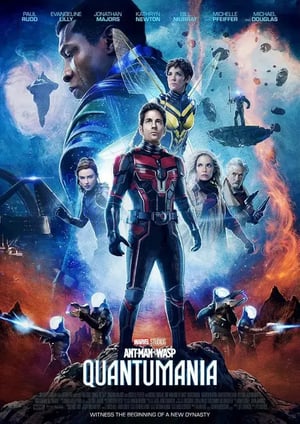
"It's been extremely helpful for my portfolio and my confidence as an artist!
I've learned so much about not only animation, but the thought process an artist goes through when creating a piece."

Shravani K | 3D Animation
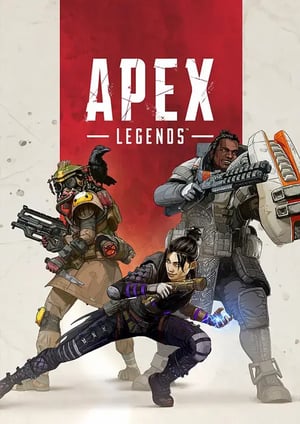
"Getting access to industry mentors is huge.
There's a world of information out there, but nothing compared to talking to someone in the know. CG Spectrum was one of those places. I really liked the 1-on-1 format. It was the first time I had an experienced animator open my scene file. It was what I needed to get over some technical hurdles."

Kyle D | 3D Animation
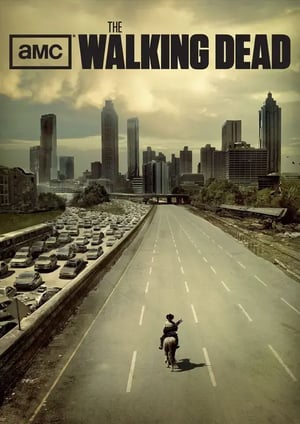
"I learned more in 9 months than other students do in 2 years.
The level of education I have received is unlike any other school I've come across. What separates CG Spectrum from other schools is that the mentors are not only talented professionals in their own right, but they also care about your success as an artist both in school and after you graduate. CG Spectrum is incredible, I cannot recommend it enough."

David N | 3D Animation
Get The Education Your Deserve
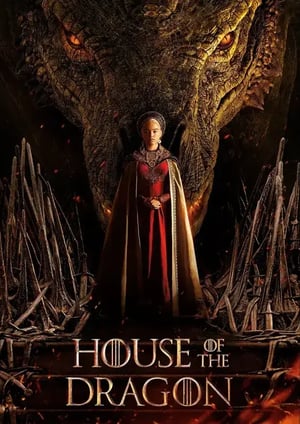
"The CG Spectrum training solidified my skills using Unreal Engine.
Having used it briefly before, and feeling overwhelmed by how big the range is of what you can do using the engine, the training taught me the areas I would need for virtual production very well. I now feel confident with the skills I have gained."

Simran M | Real-Time 3D & Virtual Production
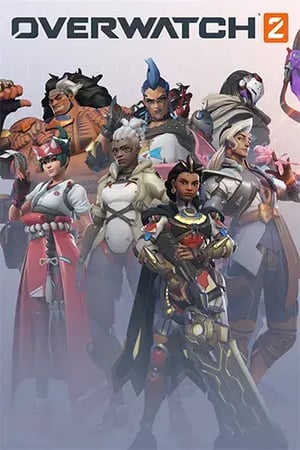
"Having a mentor definitely helped! It was awesome to have someone I could reach out to when I was stuck.
Getting the weekly feedback also helped in terms of what to improve and what to focus on next. In Term 3, we learned Unreal Engine; I implemented the knowledge I gained in that course to my Advanced 3D Modeling Course to create some additional renders that demonstrated my understanding of using and integrating game-ready assets into an actual game engine.

Benjamin O | 3D Modeling

"Hands down the best decision I've made for my career.
The learning material and staff were great, and having an industry mentor was an invaluable asset that really helped me get my break in the VFX industry."

Alan R | VFX Compositing
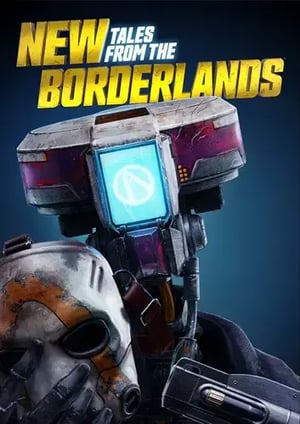
"My experience at CG Spectrum was second to none, and taught me so much more than I initially anticipated.
My mentor took me from being barely computer literate to an animator working at a studio in only a year and a half. The information and level of teaching at CG Spectrum will absolutely not be found anywhere else."

Kieran | Animation

"I have never experienced such an explosive evolution in my art since attending CG Spectrum.
I have learnt an incredible amount, not only from my amazing mentor Eric Wilkerson but from the entire CGS community. Being part of such an amazing program has opened my eyes to techniques that have streamlined my process and increased my confidence tenfold."

Oliver H | Concept Art & Illustration
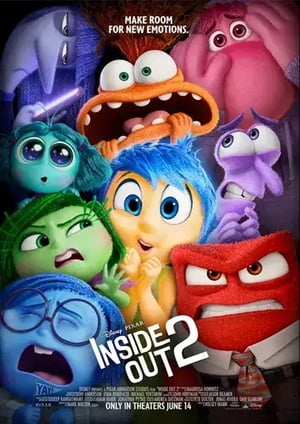
"CG Spectrum seemed too good to be true. Looking back, it was the best decision.
Every mentor and staff member has been so hands-on and directly involved in my learning. Co-Directors of top box office movies and supervisors of major Netflix TV shows are giving me feedback on my projects. Students also have access to a strong community, and an awesome career class to prepare you for your dream job."

Stephanie S | 3D Modeling

"CG Spectrum is the perfect place to gain focus, understanding, an encouragement for your journey.
If you are looking for a supportive place to gain or hone skills in game design or other verticals, CGS is a fantastic and worthy place to dive in."

Shaul H | Game Design
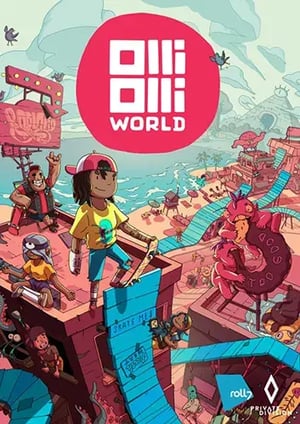
"I highly recommend signing up with CG Spectrum!
I was looking for a final push to bump my skills and finally start applying for jobs as an artist. Shortly after finishing my Advanced 3D Modeling Course I landed my first job as Junior Environment Artist, which was my dream!"

Kasia P | 3D Modeling
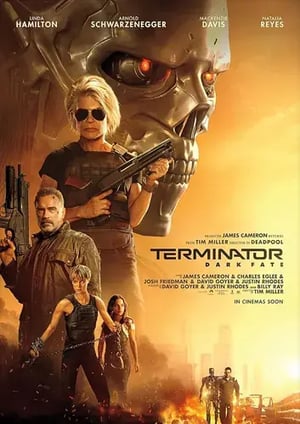
"I got a job offer at a major feature film studio before even graduating!
Studying at CG Spectrum gave me the opportunity to network with industry artists while I was learning, and coupled with the amazing course, I was able to secure a position in the industry. Now I'm working on amazing projects in my dream job!"

Andi E | 3D Modeling
Join Our Alumni at World Class Studios
Our mission is to train highly skilled graduates ensuring they are prepared for a successful career. Take the first step towards joining our alumni at world-class studios creating work that inspires.












Questions? We Have Answers
Age Minimum
The minimum age to be able to enrol in our career track courses is 16. We require parent or guardian consent during the enrollment process for applicants under 18.
English Proficiency
We expect our students to have a good understanding of written and spoken English. There’s no specific ’level'; however, you must be able to understand video tutorials in English (no subtitles) and speak with your mentor in English during your live Q&A session.
Computer Literacy
To be successful in this program, you will need basic computer skills and a computer that meets the minimum specifications (see next question).
Preparation
If you would like to prepare before starting the this course, you could work on the following basic skills:
- Polygonal modeling principles and workflows
- UV unwrapping workflows
- Animation timeline and graph editing workflows
- 3D Rendering workflows
Software:
This course requires you to purchase/download the following software:
- Unreal Engine (free)
- Autodesk Maya (educational license)
- Substance Painter (educational license)
- QuadSpinner Gaea (educational license)
- DaVinci Resolve (free)
- RealityCapture (free)
Instructions for how to obtain an educational license for this software will be provided upon enrollment.
Hardware:
Students will need a dedicated graphics card and a computer that meets the minimum requirements for Unreal Engine, Gaea, RealityCapture, and DaVinci Resolve.
Please note: as the software we use is regularly updated, please check the specs against the latest available version at the time of enroling.
No, we do not currently plan to support physical hands-on training. Our focus is more on storytelling through Unreal Engine.
It can be if it's specifically using Unreal Engine to build a more immersive experience.
3D animation is explored within Term 1 ("Essentials of 3D"), using Maya, and again in Term 2 ("Core Real-time 3D Principles"), using Unreal Engine, including general 3D animation rigging principles. For those who want to learn animation in more detail, we recommend exploring our 3D animation courses.
Real-time 3D students will also study elements of visual effects using Niagara, Unreal Engine's next-generation VFX system. There is one lesson on Niagara in Foundations Term 2 ("Core Real-time 3D Principles"); however, the Real-time 3D Specialization course covers it in much more detail, dedicating a full term (six weeks) to it.
FX is a broad discipline, so besides the fire and power-ups covered in this course, those seeking a deeper understanding of FX and simulation are encouraged to explore our FX courses.
Basic post-production concepts are included within Foundations Term 3 ("Professional Worldbuilding"), however, to continue understanding professional compositing workflows using Nuke, we offer compositing courses that can be explored further.
Matchmoving is not part of the virtual production curriculum but is introduced in our Digital Compositing Foundations course.
Contact the student admissions team about possibly accommodating this within the course.
This real-time 3D course would provide excellent technical knowledge required for the architectural presentation of characters, lighting, camerawork, and rendering.
It doesn't specifically focus on the architectural industry, so topics related to the design, layout, and material matching standards required for architectural visualizations might be missed.
For those interested in architectural development, explore 3D Visualization courses.
This course gives you an excellent understanding of real-time 3D and virtual production fundamentals, and depending on your level of commitment, skills, and portfolio pieces, you may be ready to start applying for entry-level artist positions.
To further hone your skills and increase your hiring potential, the Real-time 3D Artist Specialization course (available early 2025) is recommended. It covers more complex techniques and includes an entire term dedicated to career development and building your portfolio to prepare you for junior real-time 3D jobs such as:
Skilled real-time artists are in demand across the film and game industries and beyond. Read more about the role of a real-time 3D technical artist and how real-time workflows are being adopted by a wide range of industries.
Looking For Something Else?
Check out our full range of courses with study options for all skill levels, from short introductory courses, specialized industry tracks and accredited degrees and diplomas
